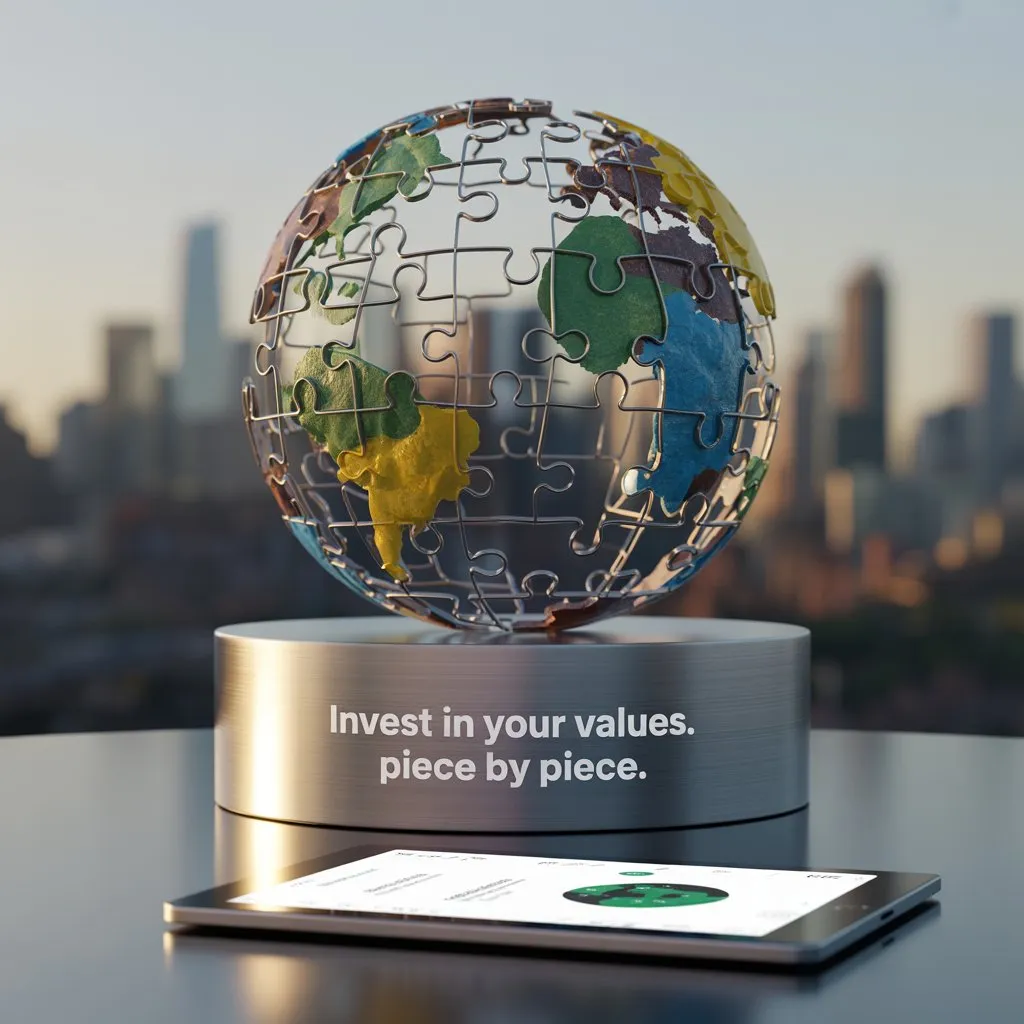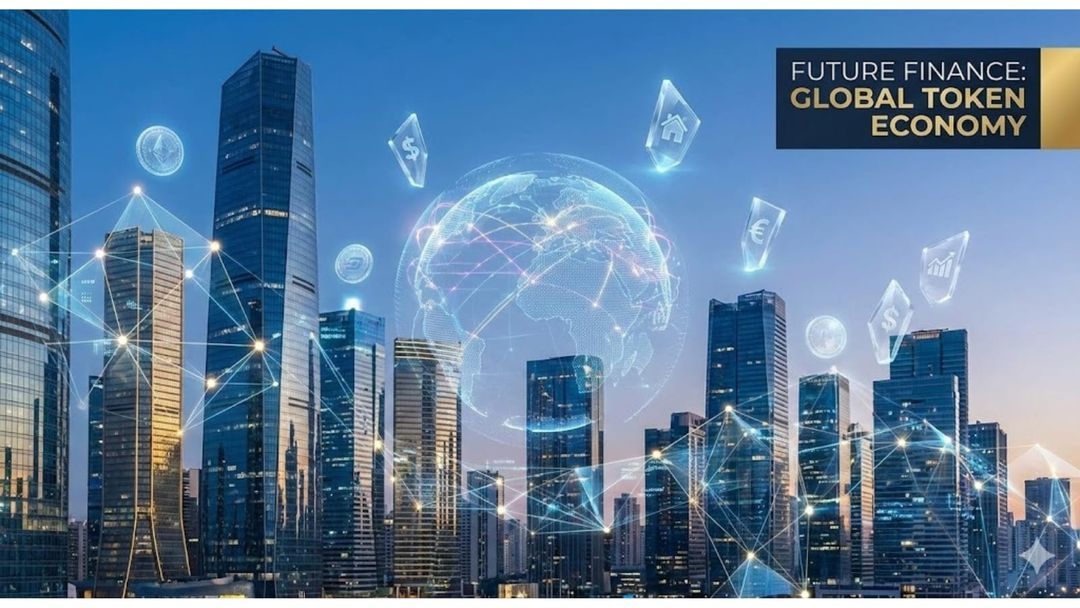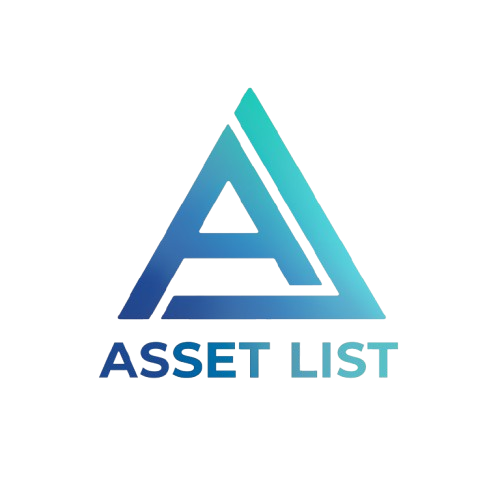
Empowering ESG Goals Through Fractional Investing: A Path for Individuals and SMEs

Environmental, Social, and Governance (ESG) principles are no longer just the domain of large corporations and institutional investors. Today, individuals and small to medium enterprises(SMEs) are increasingly seeking ways to align their investments with ethical and sustainable values. Yet, the question remains: how can smaller players make meaningful contributions without the financial firepower of big players?
Fractional investing—the ability to invest in slices of high-value assets—may hold the key.
ESG Investing: A Quick Overview
At its core, ESG investing integrates non-financial factors into investment decisions:
- Environmental criteria evaluate how a business conserves nature.
- Social factors assess how it manages relationships with employees, suppliers, and communities.
- Governance looks at leadership, audits, internal controls, and shareholder rights.
As ESG awareness grows, so does demand for accessible,impact-oriented investment vehicles. This is where fractional investing can drive real inclusion and innovation.
What is Fractional Investing?
Fractional investing allows people to invest in a portion ofan asset—be it a real estate project, clean energy infrastructure, green bonds,or private ESG-focused businesses—without needing the full capital typically required.
This model is enabled by digital platforms and tokenization technologies, making formerly illiquid or inaccessible assets available to abroader audience.
How Fractional Investing Supports ESG for Individuals:
- Democratization of Access to Sustainable Assets
Individuals can now invest in ESG-aligned opportunities like solar farms, carbon credit projects, sustainable REITs, or ethical supply chains—even with modest capital.
- Direct Impact Investing
Instead of investing through complex ESG mutual funds, individuals can pick specific projects they believe in—like a community-owned wind farm or fair-trade agricultural venture—via fractional platforms.
Diversification with Values Investors can build ESG-focused portfolios that are not just financially resilient but also ethically diverse, by mixing green bonds, sustainable startups, and low-carbon infrastructure.
How SMEs Benefit from ESG-Aligned Fractional Investing
- New Funding Channels for Green Projects
SMEs often struggle to finance ESG transitions (e.g., renewable energy upgrades, sustainable packaging). Through fractional investing, they can raise capital directly from aligned investors. - Shared Ownership of Sustainable Infrastructure
Groups of SMEs can co-invest in shared solar or EV infrastructure, reducing cost and environmental footprint. Tokenized fractional ownership makes this viable and auditable.
Improved ESG Ratings and Market Positioning Participating in fractionalized, ESG-friendly ecosystems can boost an SME’s public image, ESG scorecards, and eligibility for green grants or procurement programs.
Real-World Use Cases
- Green Real Estate: Individuals can invest in energy-efficient buildings, and SMEs can raise capital for LEED-certified developments via fractional ownership platforms.
- Renewable Energy Co-ops: Platforms allow small investors to buy into wind or solar projects, while SMEs benefit from local, low-cost green energy.
- Carbon Offsetting: Companies can offset emissions by co-owning reforestation projects, while individuals support these initiatives for both environmental and investment returns.
The Role of Technology and Regulation
Tokenization—issuing digital representations of assets—makes fractional investing seamless and transparent. With blockchain, ownership canbe tracked immutably, enabling more efficient ESG reporting and investor confidence.
Meanwhile, regulators are gradually updating frameworks to accommodate these models, especially in the EU, where the push for sustainable finance and digital innovation converge.
Final Thoughts
Fractional investing is not just a financial innovation—it’sa social one. By lowering the entry barrier to ESG-aligned assets, it empowersa broader base of investors and enterprises to act on sustainability goals.Whether you're an individual seeking impact or an SME navigating ESG transformation, fractional ownership could be the bridge between purpose and profitability.

.png)




